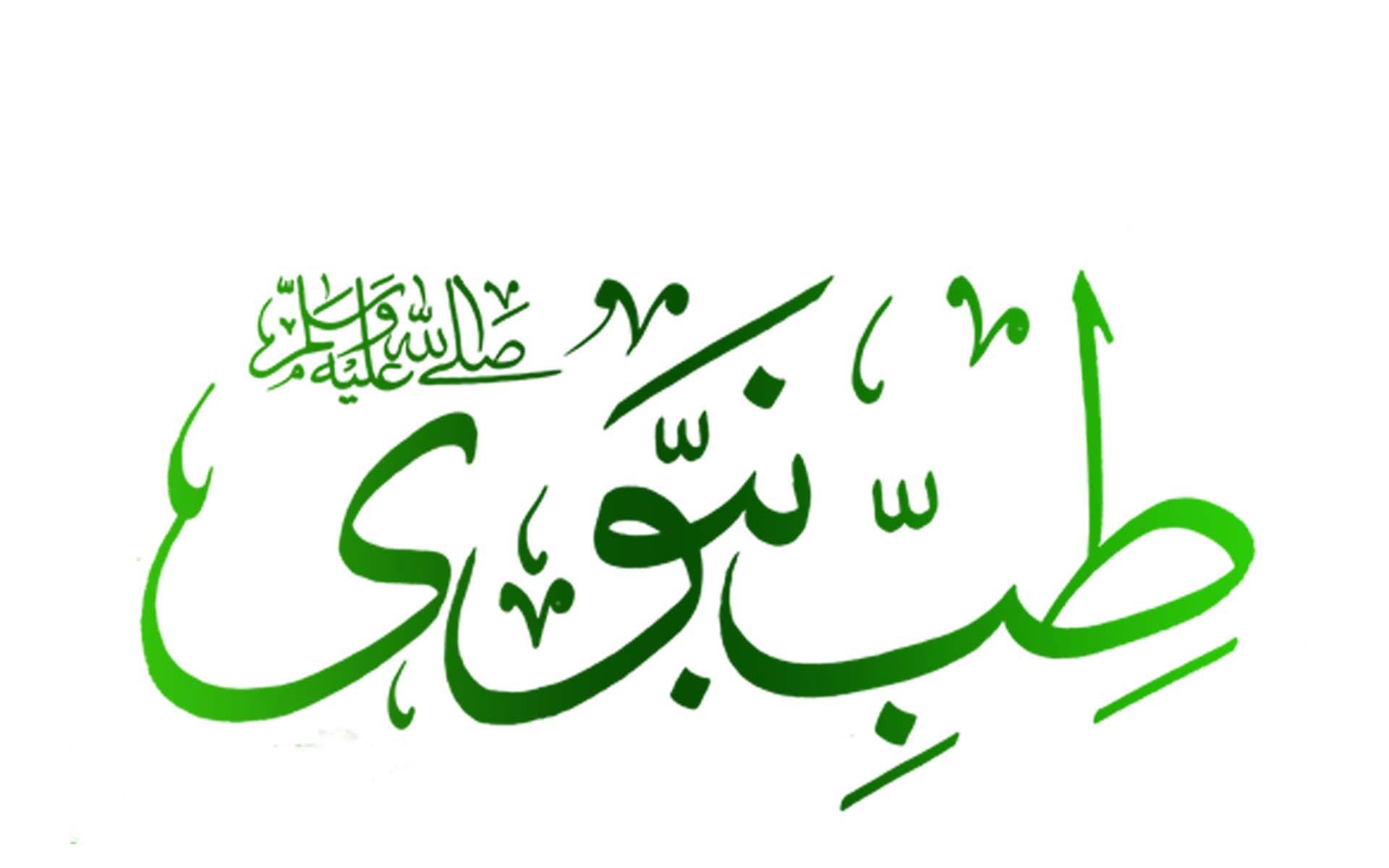
Names of Kamaala
- In Hadees & Arabic it is called as Warss.
- In English it is called as
- In Hindi it is called as
- In Sanskrit it is called as
- In Marathi it is called as
In Latin it is called as Mallotus philippnensis.
Names of Karkam
- In Hadees it is called as Warss.
- In Persian it is called as
- In Latin it is called as Memecylon
- In English it is called as
- In Marathi it is called as
Introduction: –
Warss in Arabic it is considered as two things: (1) Kamaala, (2)
Karkam in India. Warss is a yellow dye from a perennial plant cultivated in Yemen, identified usually as Memecylon tinctorium, Melastomaceae or sometimes Flemmingia rhodocarpus BAK, Leguminosae. According to Abū Ḥanīfa Al-Dīnawarī’s chapter on dyestuffs (165-7), it is found only in Yemen and there only, is cultivated. From various sources, he describes the best warss as bādira, from a young plant, the other type called ḥabas h because of some blackness in it; however, the ḥabas h gives pure yellow colour, while bādira can contain some redness in it.
Prophet صلی اللہ علیہ وسلم’s guidance about Warss (ورس)
Arabic words written in below references are the words mentioned in respected Hadees. You can confirm the references of Hadees at sunna.com & Al-Maktab Al-Shamilah (المكتبة الشاملة) also.
Qust, Zait (Olive oil) & Warss for Zaatul Janb (pleurisy)
1. Hazrat Zaid Bin Arqam رضي الله عنه says that Rasool Allah صلی اللہ علیہ وسلم advised, as a treatment for Zaatul Janb (الجنب ذات) (pleurisy), Warss (ورس), Qust (قسط), & Zait (زيت) (olive oil) & take at one side of mouth (يُلَدُّ). : Reference Ibn Ma-jah: 3596; Book no. 31; In English volume no. 4 Book 31, Hadees no 3467.
2. Qatadah narrated from Abu Abdullah that Zaid Bin Arqam رضي الله عنه said that Nabi صلی اللہ علیہ وسلم would acclaim olive oil ( الزَّيْتَ) and (الْوَرْسَ) Wars for (the treatment of) pleurisy.” Qatadah said: “And it is put in the mouth on the side which he is suffering. ” : Reference Tirmizi: 2222; Book No. 28, In English volume no.4; Book 2, Hadees no 2078.
Qustul hind & Warss for Azrah (throat infection)
3. Hazrat Jabir Bin Abdullah رضي الله عنه says that Nabi صلی اللہ علیہ وسلم said Oh! Ladies, Do not burn (Cauterize) throats of your children for Azrah (العذرة) (swelling/infection in throat) because, you have Qustul hind (هندن قسط) & Warss (ورس) make them to lick (both). : Reference Mustadrak Al Hakim: 8239.
Warss water sitz bath after menstrual cycle & delivery
4. Hazrat Umme Salma رضي الله عنها says that “Ladies after menstrual cycle or delivery use to sit in Warss (ورس) water for 40 days & we used to put Warss on our faces because of freckles”. : Reference Ibn Ma-jah: 692; Book no. 1; In English volume no. 1; Book 1, Hadees no 648
Avoid dying Ihraam with Warss
5. Nabi صلی اللہ علیہ وسلم ordered not to dye the cloth of Ihraam (cloth worn while doing Hajj & Umrah) with Warss (ورس). : Reference An-Nasa’i: 2666; Book no. 24; In English volume no. 3; Book 24, Hadees no 2667.
6. Narrated Abdullah Ibn Umar رضي الله عنه that Nabi صلی اللہ علیہ وسلم used to wear tanned leather sandals and dye his beard yellow with warss and saffron, and Ibn Umar used to do that too. : Reference Abu Dawud: 4210; Book no. 35; In English Book no. 34; Hadees no. 4198.
Scientific benefits of Memecylon tinctorium
Scientific benefits of Mallotus philippnensis
Science & Hadees regarding Warss (Memecylon tinctorium)
Conclusion of Hadees


